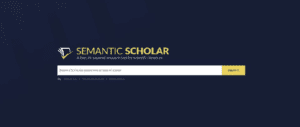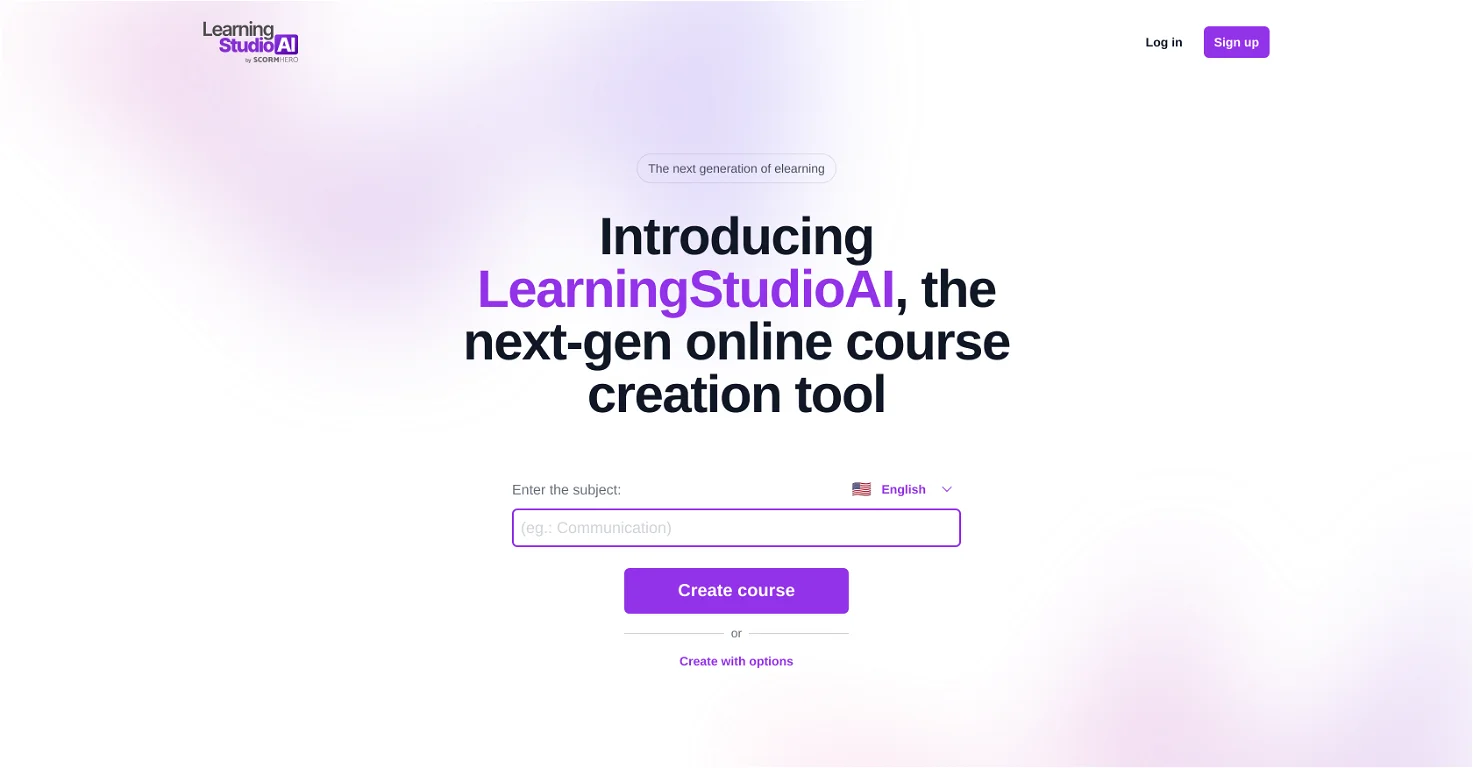Semantic Scholar
Product Information
What’s Semantic Scholar?
Semantic Scholar is an AI-powered search engine specifically designed for scientific research papers. It goes beyond traditional keyword searches by leveraging natural language processing and machine learning to understand the meaning and context within the research literature.
How to use Semantic Scholar?
Utilizing Semantic Scholar is simple:
- Visit the Semantic Scholar website (https://www.semanticscholar.org/)
- Enter your search query in the search bar. Semantic Scholar understands natural language, allowing you to search for topics or specific research areas.
- Explore the search results. Semantic Scholar prioritizes the most relevant and influential papers based on AI analysis.
- Click on a paper to access its details, including an AI-generated summary, citations, and related research.
- Utilize additional features like creating a research library, setting up author or topic alerts, and installing browser extensions for seamless access. (Availability of functionalities might depend on creating a free account)
Core Features
- 1
- 2
- 3
Citation Analysis: Explore the research landscape by uncovering how different papers are cited and connected.
- 4
Research Library & Alerts (Free Account): Organize your research by saving relevant papers and setting up alerts for new publications by specific authors or on chosen topics.
- 5
Browser Extensions (Free Account): Enhance your research workflow with browser extensions for convenient access to Semantic Scholar functionalities.
Use Cases
FAQ
Q: Is Semantic Scholar free to use?
A: Yes, Semantic Scholar is a free-to-use platform.
Q: Does Semantic Scholar offer full-text access to research papers?
A: Semantic Scholar might not directly provide full-text access to all papers. It links to available open-access versions or directs you to the publisher’s website where access fees might apply.
Q: Can I use Semantic Scholar for commercial purposes?
A: Semantic Scholar’s terms of service should clarify acceptable uses. Generally, using Semantic Scholar for research and educational purposes is encouraged.
Q: How does Semantic Scholar handle data privacy?
A: Semantic Scholar prioritizes user privacy. Always check their privacy policy to understand how they handle your data.




